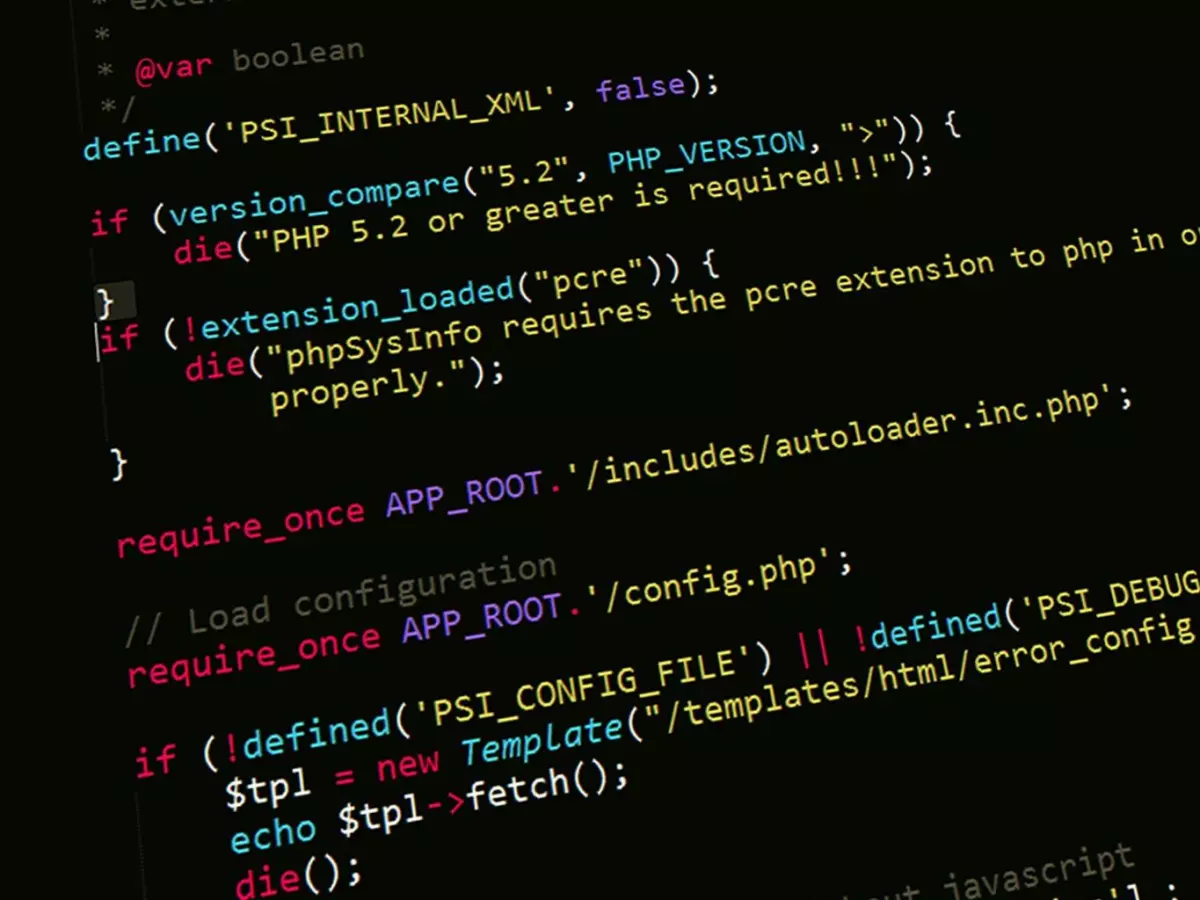DevOps: The Game-Changer
Ever wondered why everyone’s talking about DevOps? Is it just another buzzword, or is it actually transforming the way we build software? Let’s dive into what DevOps really is, why it matters, and how it’s changing the lives of developers everywhere.

By Nina Schmidt
First things first—what exactly is DevOps? You’ve probably heard the term thrown around in tech circles, but it’s more than just a trendy label. DevOps is a combination of development and operations, designed to bridge the gap between software developers and IT operations teams. It’s all about improving collaboration, automating processes, and speeding up the software development lifecycle.
But why should you, as a developer, care? Well, if you’ve ever been frustrated by long deployment times, buggy releases, or the dreaded “it works on my machine” syndrome, then DevOps might just be the solution you’ve been waiting for.
Breaking Down the DevOps Philosophy
At its core, DevOps is a mindset. It’s about breaking down silos between teams and fostering a culture of collaboration. In traditional software development, developers would write code, throw it over the wall to operations, and then move on to the next task. If something went wrong in production, it was the ops team’s problem. DevOps flips that script.
With DevOps, developers are more involved in the entire lifecycle of the software—from writing the code to deploying it and monitoring its performance in production. This means you’re not just writing code and walking away; you’re responsible for making sure it runs smoothly in the real world.
Automation: The Secret Sauce
One of the key principles of DevOps is automation. By automating repetitive tasks like testing, integration, and deployment, you can free up time to focus on what really matters—writing great code. Continuous Integration (CI) and Continuous Deployment (CD) are two of the most popular automation practices in DevOps.
CI/CD pipelines allow you to automatically test and deploy your code every time you make a change. This not only speeds up the development process but also reduces the risk of bugs making it into production. Think of it as having a safety net that catches issues before they become major problems.
Faster, Better, Stronger
One of the biggest benefits of DevOps is speed. By automating processes and improving collaboration between teams, you can release software faster than ever before. This is especially important in today’s fast-paced tech world, where users expect frequent updates and new features.
But speed doesn’t mean sacrificing quality. In fact, DevOps can actually help you build more reliable software. By catching bugs early in the development process and continuously monitoring your software in production, you can ensure that your code is always in tip-top shape.
DevOps Tools You Should Know
Of course, no discussion of DevOps would be complete without mentioning the tools that make it all possible. There are tons of DevOps tools out there, but here are a few you should definitely have on your radar:
- Docker: A containerization platform that allows you to package your application and its dependencies into a single, portable unit. This makes it easy to deploy your app anywhere, whether it’s on your local machine or in the cloud.
- Jenkins: An open-source automation server that helps you set up CI/CD pipelines. It’s highly customizable and integrates with a wide range of other DevOps tools.
- Kubernetes: A container orchestration platform that helps you manage and scale your containerized applications. It’s especially useful for managing large, complex applications with many moving parts.
- Ansible: A configuration management tool that allows you to automate the setup and management of your infrastructure. It’s simple to use and can help you ensure that your servers are always configured correctly.
Why DevOps is Here to Stay
So, is DevOps just a passing trend? Not likely. As software development becomes more complex and the demand for faster releases continues to grow, the need for DevOps will only increase. In fact, many companies are already adopting DevOps practices to stay competitive in the ever-evolving tech landscape.
For developers, this means that learning DevOps isn’t just a nice-to-have skill—it’s becoming a necessity. Whether you’re working at a startup or a large enterprise, understanding DevOps can help you build better software, faster.
And let’s be honest—who wouldn’t want to spend less time dealing with deployment issues and more time writing awesome code?
Final Thoughts
DevOps isn’t just about tools and automation; it’s a cultural shift that’s changing the way we build software. By breaking down barriers between development and operations, automating repetitive tasks, and fostering a culture of collaboration, DevOps is helping developers create better, more reliable software at lightning speed.
If you’re not already on the DevOps train, now might be the perfect time to hop on. After all, the future of software development is all about working smarter, not harder.





